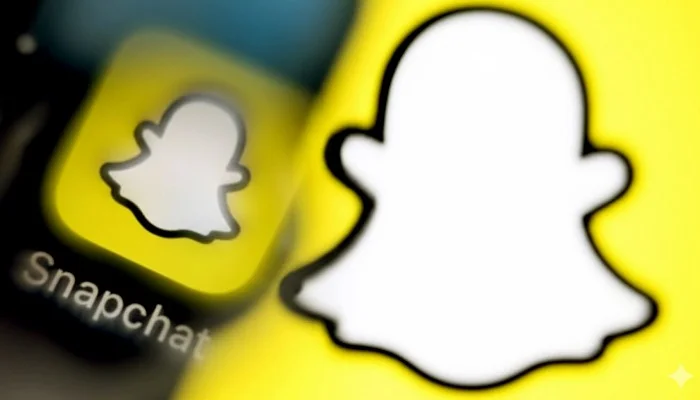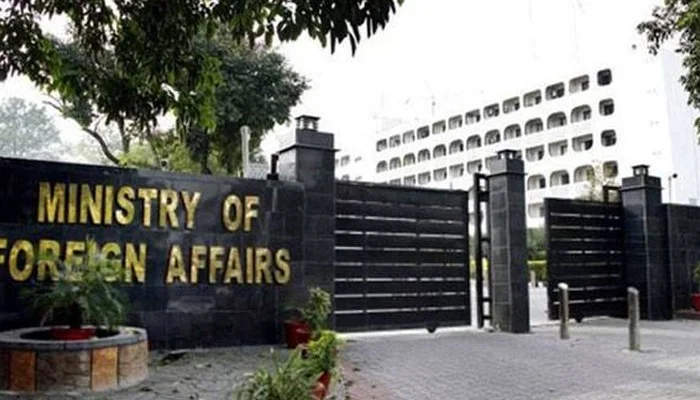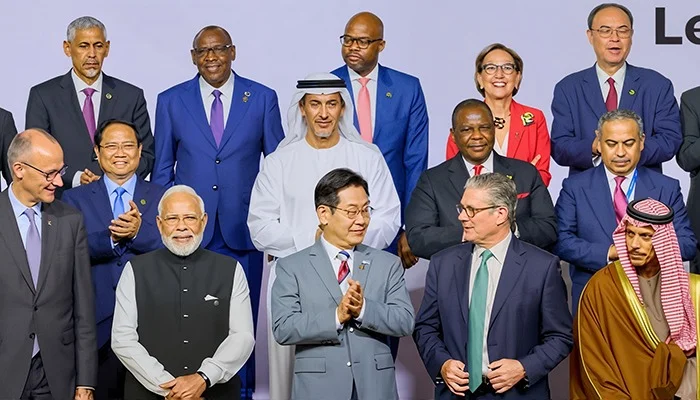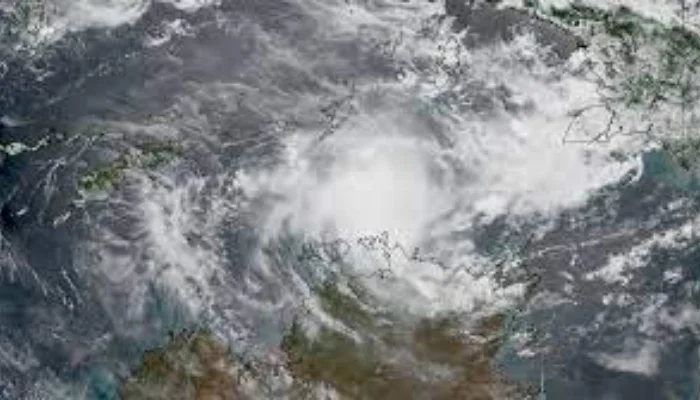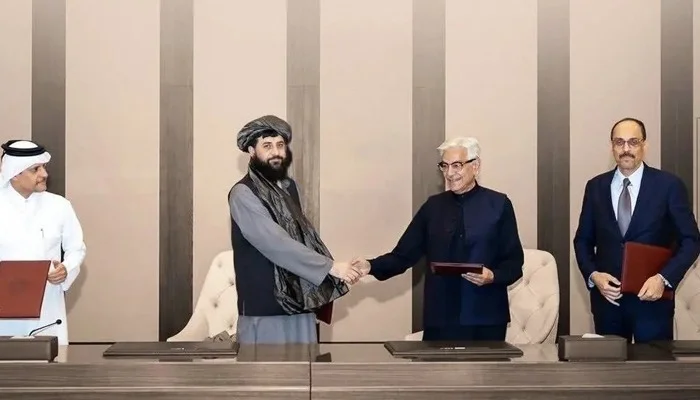Snapchat has begun requiring children and teenagers in Australia to verify their ages, including through software linked to the country’s banks, in preparation for a new government-enforced social media ban for under-16s.
The legislation, set to take effect on December 10, is one of the world’s strictest measures targeting Big Tech, with fines of up to 49.5 million Australian dollars ($31.95 million) for noncompliance. Platforms affected include Snapchat, YouTube, X, Facebook, Instagram, TikTok, Reddit, Twitch, and Kick.
Snapchat confirmed that users can verify their age using ConnectID, a tool owned by most major Australian banks, which sends platforms a simple “yes/no” confirmation on whether the user is over 16—without exposing sensitive personal information.
Alternatively, users can use Singapore-based age verification service k-ID, which allows verification via government-issued ID or photo-based age estimation.
“The goal here is to protect young people online without creating new privacy risks,” said Andrew Black, managing director of ConnectID.
Snapchat, however, has criticized the inclusion of its platform in the ban. The company argued that its service, primarily a visual messaging app, helps teens maintain connections with friends and family. “Disconnecting teens from their friends and family doesn’t make them safer – it may push them to less safe, less private messaging apps,” Snapchat said.
Some apps, including Discord, WhatsApp, Lego Play, and Pinterest, have secured exemptions from the ban, although authorities may update the list of restricted platforms in the future.
The Australian government’s move represents a significant step in global efforts to regulate social media use among minors, raising questions about enforcement, privacy, and the impact on digital communication for teenagers.
UNICEF’s Concern:
UNICEF Australia has also expressed concerns about implementation, saying the changes proposed by the Australian government “won’t fix the problems young people face online”.
“Social media has a lot of good things, like education and staying in touch with friends,” UNICEF Australia said in a statement.
“We think it’s more important to make social media platforms safer and to listen to young people to make sure any changes actually help.”

